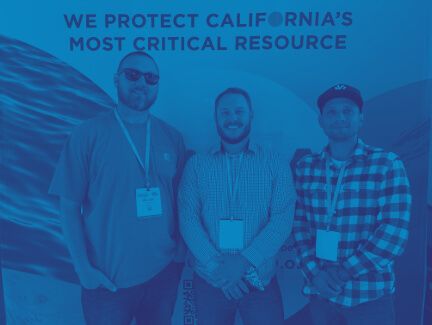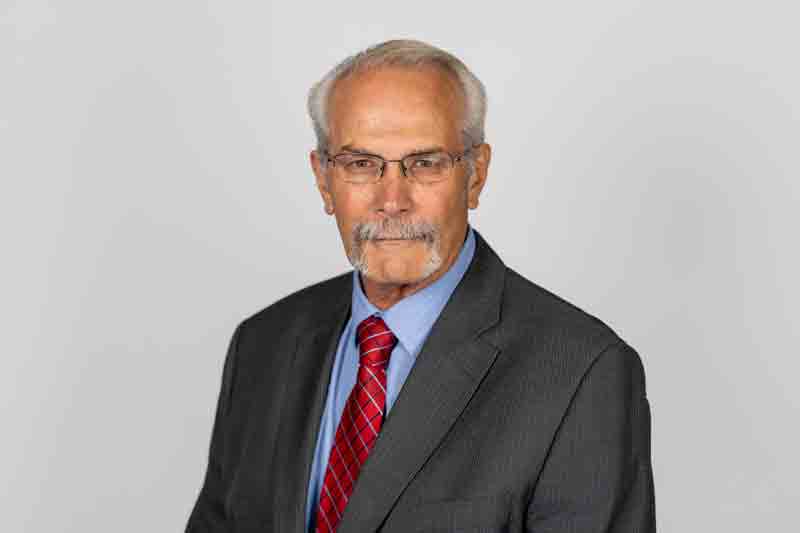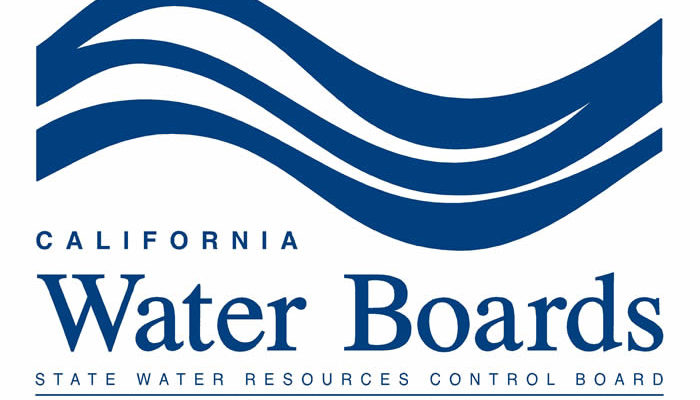Pruitt made an announcement at an invitation-only meeting at the EPA headquarters where he touted it as ensuring transparency in regulatory science (which EPA uses to act upon).
“The era of secret science at EPA is coming to an end,” said EPA Administrator Scott Pruitt. “The ability to test, authenticate, and reproduce scientific findings is vital for the integrity of rulemaking process. Americans deserve to assess the legitimacy of the science underpinning EPA decisions that may impact their lives.”
Meanwhile, Senate Environment & Public Works (EPW) Committee Minority Members led by Sen. Tom Carper (D-DE) sent Pruitt a letter inquiring about his intent to “limit the ways in which EPA uses scientific information.”
The letter says that the proposed new policy “violates several laws with which EPA must comply as the agency writes rules to protect our air, water and land from harmful pollution.” And, “the proposed new policy will require EPA – when developing rules- to rely only on scientific studies where the underlying data have been made public and are available to be reproduced.”
For example, the policy would likely mean that several laws that are examples of the best use of available science including the Toxic Substances Control Act (TSCA) and the Safe Drinking Water Act (including discoveries made in Flint, MI) violate this policy.
Many believe this could have a harmful impact on wastewater policy, as well.
Orange County Sanitation District Engineer and WEF Member Chris Stacklin commented, “While I believe that the wastewater sector would benefit by having the EPA’s regulatory science underlying Agency actions fully transparent, and reproducible, I would also hope that subsequent EPA policy decisions are supported by sound scientific studies. The wastewater sector needs to deliver successful infrastructure projects that maintain and improve wastewater systems and protect health and safety. To be successful, policy decisions that drive the application of technologies on these projects must be based on sound science. Utilities cannot afford frequent redesign due to an understudied regulatory condition. I support the EPA embedding wastewater sector exports in science studies before regulation. A powerful example of this collaborative, science-based approach led to the success of the Groundwater Replenishment System in Orange County, California and similar projects in the drought stricken Southwest. Reuse projects would not have been possible without collaborative scientific studies which made these projects possible.”




